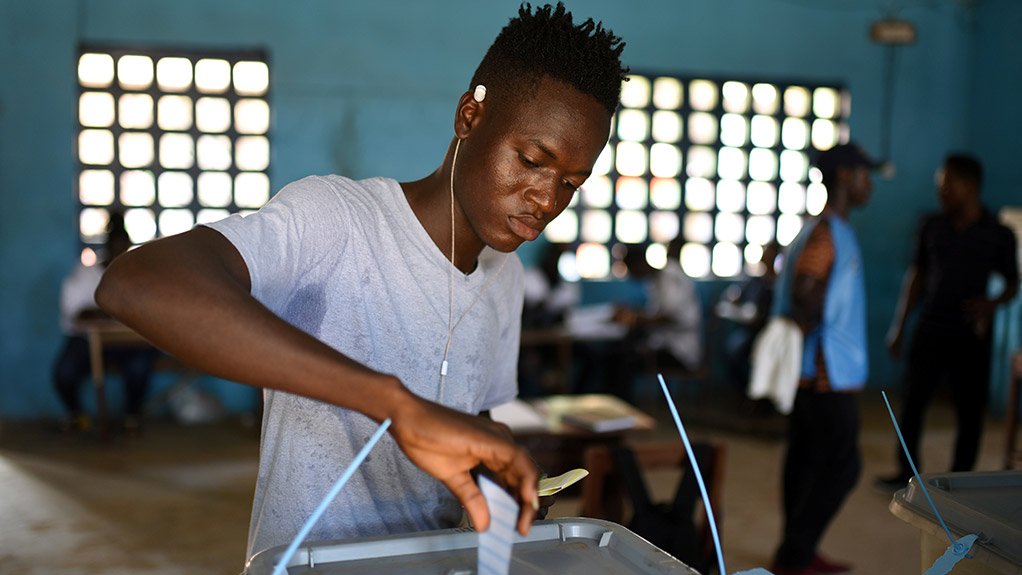Sierra Leone voters queued for hours in steamy humidity on Wednesday to elect a new leader they hope will end years of economic crisis caused by twin shocks of a commodities slump and an Ebola epidemic.
President Ernest Bai Koroma is stepping aside, having completed his maximum two terms in office, and sixteen candidates are vying to replace him, of whom four are seen as having a realistic chance.
Adama Sesay, a widow with six children, was so anxious to get to the polling station that she left her house at five.
"I am a single parent and things are not easy for me economically so I'm waiting in line to cast my vote for the future," she told Reuters at a polling station in Waterloo, a village nestled in palm trees and forest on the outskirts of the West African country's capital.
"In Sierra Leone we are far behind some other countries in Africa, which are making progress," Sesay said.
The Ebola crisis starting in 2014 and the global commodities downturn dragged Sierra Leone's economy into the doldrums. It shrank by a fifth in 2015, after years of double-digit growth during its rebound from a ruinous 1990s civil war in which child soldiers fought and tens of thousands died.
Since then, growth has been sluggish and many hope Koroma's 10-year stint will be followed by a leader who can do more to improve the lives of citizens on the poverty line. Despite those frustrations, and the long waits, voting went ahead peacefully.
"I see out there people responding to calls we have made, people behaving in a manner that is democratic and I see our people are transforming the country," Koroma said, casting his vote in Freetown's Goderich district.
"Sierra Leone has matured, which gives me a sense of satisfaction ... that (it) is on the path of development."
Politics has been dominated by two ruling parties since independence from Britain in 1961: the ruling All People's Congress, now fielding ex-foreign minister Samura Kamara, and the Sierra Leone People's Party behind Julius Maada Bio, who briefly ruled as head of a military junta in 1996.
But two candidates from younger parties - former United Nations Under-Secretary Kandeh Yumkella and Samuel Sam-Sumana - are seen as having a strong chance if they can garner enough votes from disaffected younger people tired of the status quo.
EMAIL THIS ARTICLE SAVE THIS ARTICLE
To subscribe email subscriptions@creamermedia.co.za or click here
To advertise email advertising@creamermedia.co.za or click here











